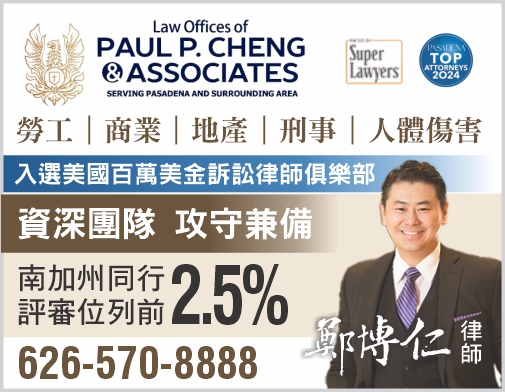ARE CASH ADVANCES TAKEN BY UNEMPLOYED DEBTOR BANKRUPTCY FRAUD
Debts obtained by fraud are not dischargeable in bankruptcy. Section 523 (a)(2)(A) provides for the fraud exception to discharge. It says that money obtained by ‘false pretenses, a false representation, or actual fraud, other than a statement respecting the debtor’s or an insider’s financial condition.’ When creditors file complaints to object to discharge, they normally allege fraud by stating that given the fact that debtor’s income was not sufficient to pay all his expenses including the debt owed to creditor, debtor did not have the ability to pay creditor at the time that the debt was obtained; therefore, debtor had no intention of paying creditor at the time the debt was obtained. Consequently, debtor obtained money by fraud since he had no intent to repay because he had no ability to repay.
But is the lack of ability to repay the same as lacking intent to repay? This very same distinction came into play in a trial I conducted last month for client. In that case, client bought a restaurant for $171,000. He paid a downpayment of $72,000 and signed an installment note for $100,000. Plaintiff’s position was that client defrauded her by breaching the note with nonpayment because he had no ability to repay the note at the time that he bought the restaurant. Our position was that debtor intended to repay the note from anticipated profits from the restaurant. However, the restaurant never turned a profit during 18 months of operation, causing client’s bankruptcy. Plaintiff asked that the entire purchase price of $171,000 be excepted from discharge. This is a classic distinction between ability to repay and intent to repay. Findings of facts and conclusions of law after trial are now due and have been submitted by the parties. Judgment is due next month.
In Re May, creditor alleged that its claim for $5,583 was excepted from discharge pursuant to Section 523(a)(2). Debtor incurred the debt by taking cash advances on his credit card while he was unemployed. In his case, a presumption against discharge existed with regard to a substantial portion of the debt. At trial, debtor testified that he worked at a saw mill and ran a painting business during the saw mill’s off-season. Every year, the saw mill laid him off during the winter and rehired him in the summer. In late 2008, debtor was unable to work because it was the mill’s slow season and he was experiencing trouble with his knees and one shoulder. He decided to have knee surgery and rest during the off-season. He intended to return to work at the saw mill and resume his painting business. Unfortunately, he was unable to return to work, and started receiving disability income. Debtor used cash advances to pay his bills while he was out of work. The minimum payment on the credit card issued by plaintiff was included in the bills debtor paid. “The defendant credibly testified that he intended to have surgery to remove his disability so he could return to work once the saw mill’s business resumed, and pay the debt. Instead, after on surgery, he discovered he needed at least two more, and by then, the economic slowdown prevented the saw mill from rehiring him, contrary to his experience in years past,” the court said. “From his testimony, the court infers that he regarded his minimum monthly payment obligation as part of his other necessary living expenses, such as food, fuel, housing, and transportation expenses which he paid using the proceeds of cash advances. The evidence admitted at trial does not support any finding of ‘kiting’ or ‘Ponzi’ scheme, contrary to Plaintiff’s unwarranted suggestion in its closing brief.” The court not only ruled that plaintiff’s claim was discharged; it concluded that the plaintiff’s position was not substantially justified. The court further said that, “Plaintiff’s meager evidence introduced at trial-bankruptcy schedules and Rule 36 admissions were directed almost exclusively toward establishing debtor’s inability to repay, rather than his intent;” once again differentiating ability and intent to repay.
Lawrence Bautista Yang is a graduate of Georgetown University Law Center and has been in law practice for thirty years. He specializes in bankruptcy, business and civil litigation and has handled more than four thousand successful bankruptcy cases in California. He speaks Mandarin and Fujien and looks forward to discussing your case with you personally. Please call (626) 284-1142 for an appointment at 1000 S Fremont Ave Bldg A-1 Suite 1125 Unit 58 Alhambra, CA 91803.
图片翻摄自网路,版权归原作者所有。如有侵权请联系我们,我们将及时处理。
 點評
點評 微信
微信 微博
微博






